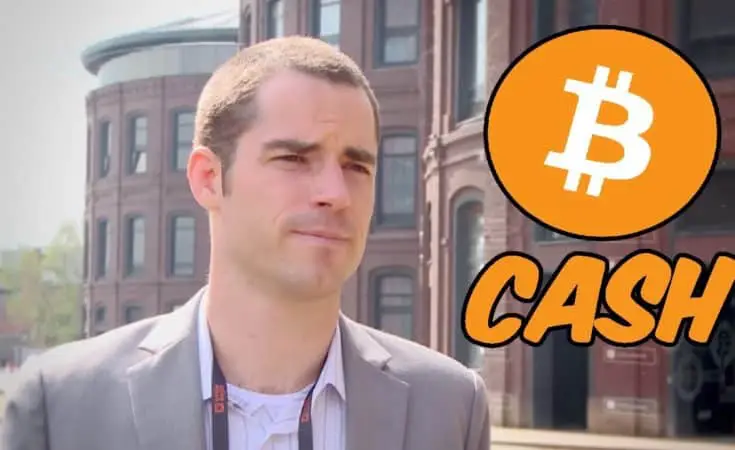The controversy fueling around Bitcoin inefficiency is a decade-old debate, which started with the introduction of Bitcoin in 2009 by the pseudonymous developer Satoshi Nakamoto.
Since its inception, Bitcoin family grew over the years with many ups and downs and eventually divided into hard fork splitting such as Bitcoin Gold, Bitcoin private, and the most controversial Bitcoin cash (BCH).
Bitcoin Cash (BCH) was developed in 2017 on the grounds of the loopholes observed in Bitcoin, i.e., high transaction charges and slow transaction rate. It was an outcome of the lengthy debates of the developer community.
What is the scalability issue?
Over the scalability issue, Bitcoin has been at the center of discussions over the years and ultimately it saw many hard forked splitting. The splitting was spurred due to difference of opinions among the developer community.
It refers to the capacity of the network to handle the number of transactions. This specific capacity of Bitcoin is limited, as the records/blocks are limited in frequency and size
Bitcoin Cash (BCH) Vs. Bitcoin battle
Bitcoin Cash can technically process a 32 MB block whereas, Bitcoin has a limited block size capacity of 1MB to 4 MB, which moderates its speed and frequency.
Bitcoin operations are built on the lightning network, which is a second layer payments protocol to enable fast transactions, whereas Bitcoin Cash doesn’t rely on the lightning network. Reported by CBDLession in recent article; Ben Bartlett, one of Berkeley City Council member, bought Cannabis with cryptocurrency, and that was a BCH transaction.
Contrast to Bitcoin, Bitcoin Cash allows instant payments at a cheap rate.
Bitcoin Cash was developed by miners and developers overcoming the loopholes of Bitcoin cash (BCH) that can scale effectively.
Whereas, Bitcoin supporters believe that there is a scope to overcome these issues by making technological amendments in it.
Possible Economic Peril
The decade-old debate about the inefficiency of Bitcoin was fueled recently by one of the lead developers Amaury Sechet on Reddit social news forums. He insisted that the miners are reluctant to process the blocks bigger than 2 MB in size, but as a matter of fact, it is insignificant.
He also targeted the block size issue during the heating debates. Another widely discussed issue was the speed of transactions. The debated issues are sensitive enough to create economic instability in the industry.
Hard forked BCH can technically process a 32 MB block. The concept has been developed by the most outspoken developer and Bitcoin investor Roger Ver. He was determined with the concept of decentralized scaling without third party interference such as the Lightning network.
Earlier in January this year, OpenNode disapproved Roger Ver’s $1.25 million offer to switch from Bitcoin to Bitcoin Cash. Roger Ver is, however, adamant that BCH will alleviate the markets and he is aggressively promoting Bitcoin Cash.
When Roger Ver was asked if the speculations about 2 MB limit were true or not, he firmly retorted,
“I am already working directly with payment companies that expect to reach close to 100 transactions per second with 100M+ users around the world. If BCH had a 2MB limit, they wouldn’t be interested in it, and for the same reason they aren’t considering BTC either.”



